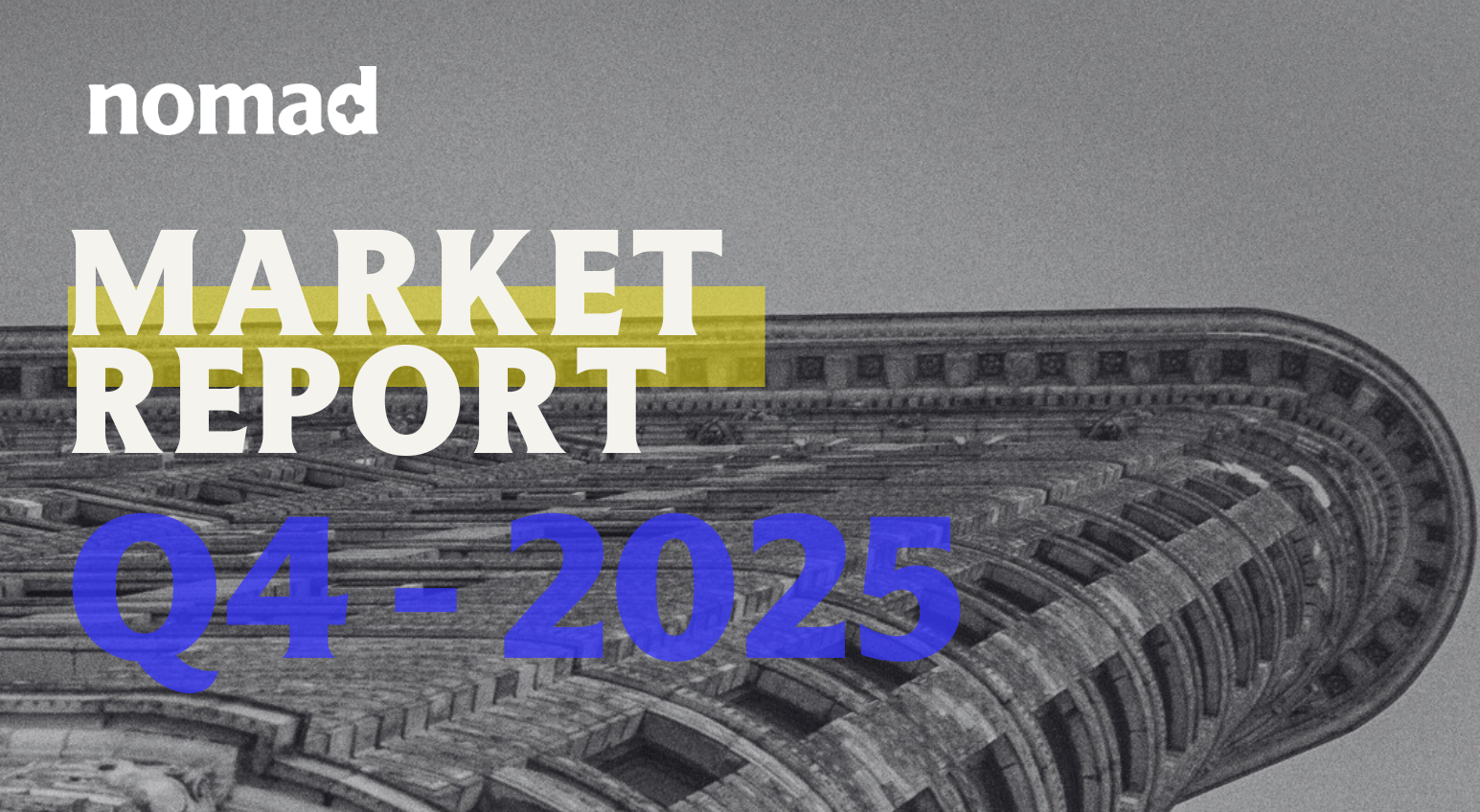Resources
From commercial real estate fundamentals to extensive reports, stay informed with Nomad Group’s insights, strategies and expert perspectives.
All resources
Filter by
Let’s elevate your workspace—and your future.
Partner with Nomad Group for expert guidance, full-scale support and an enjoyable experience that prepares your team for a thriving future.
Get started








